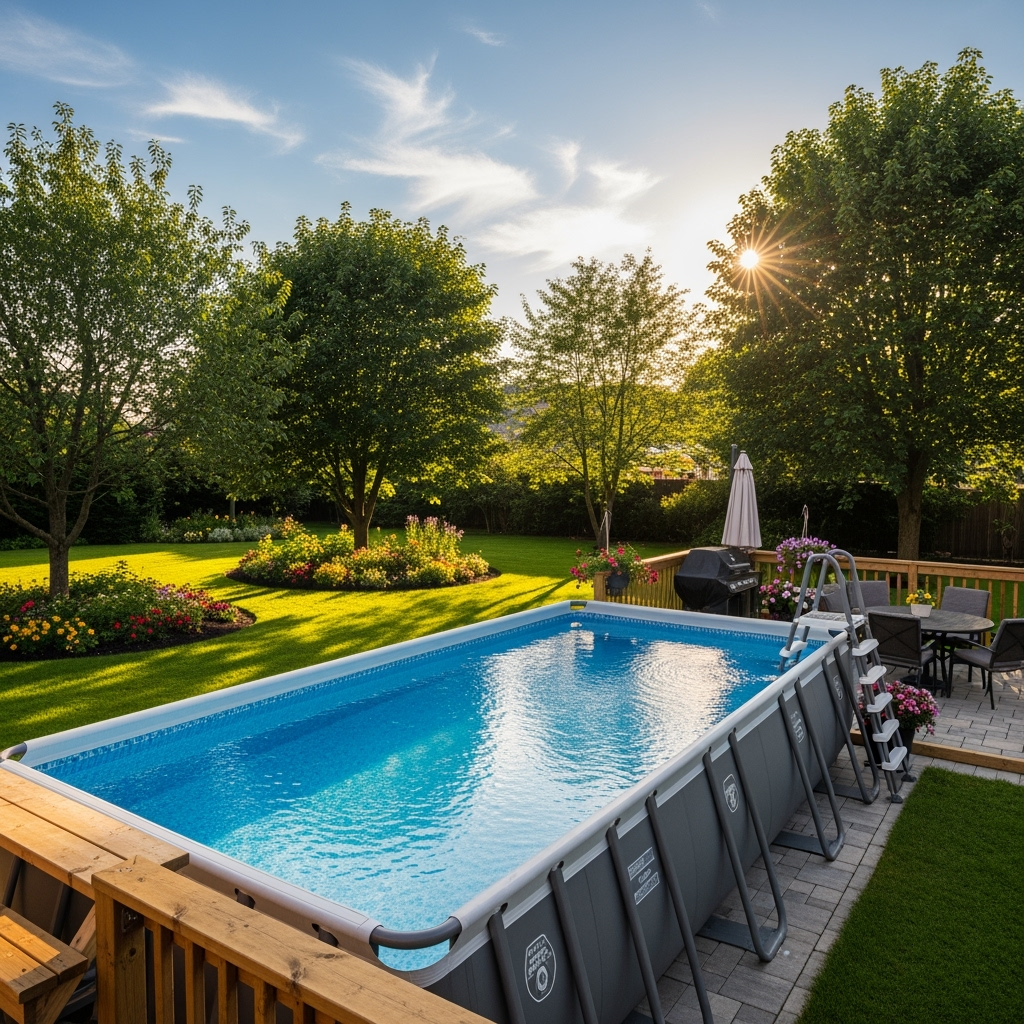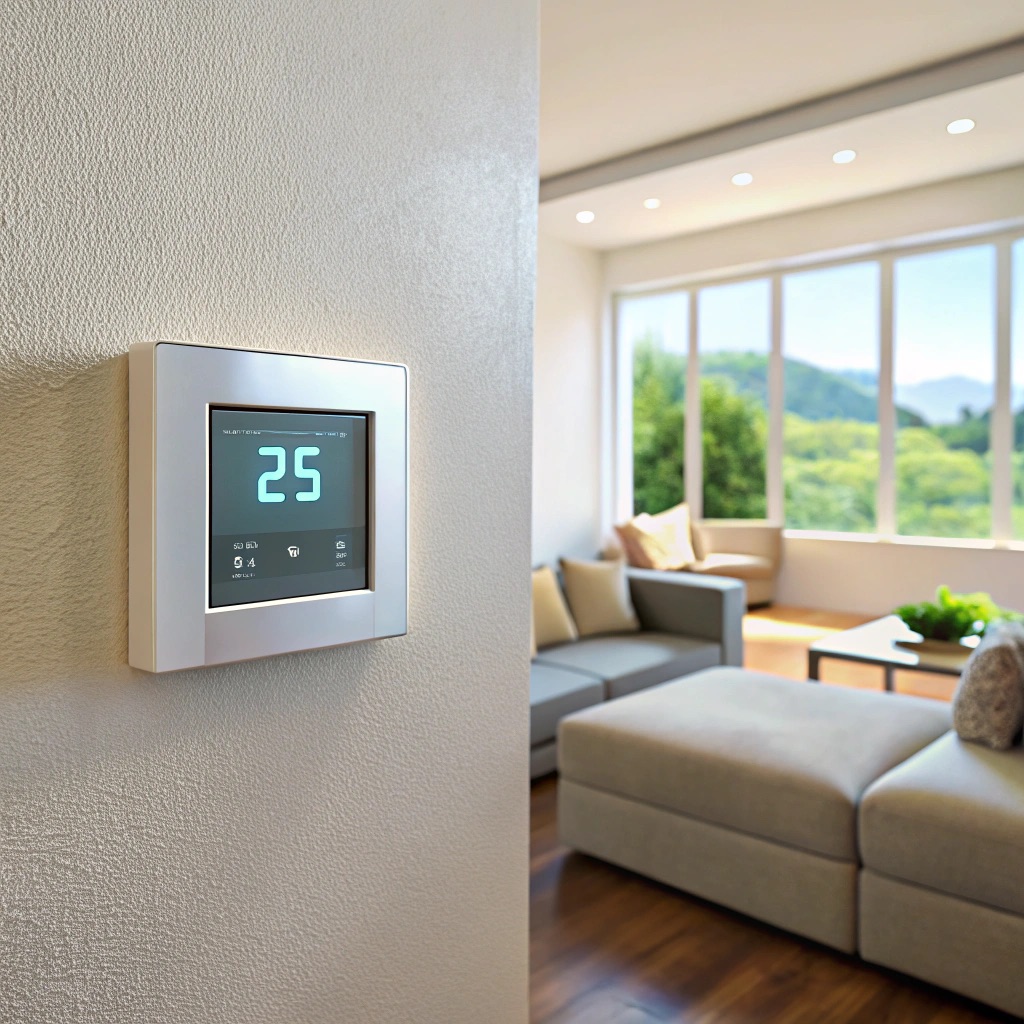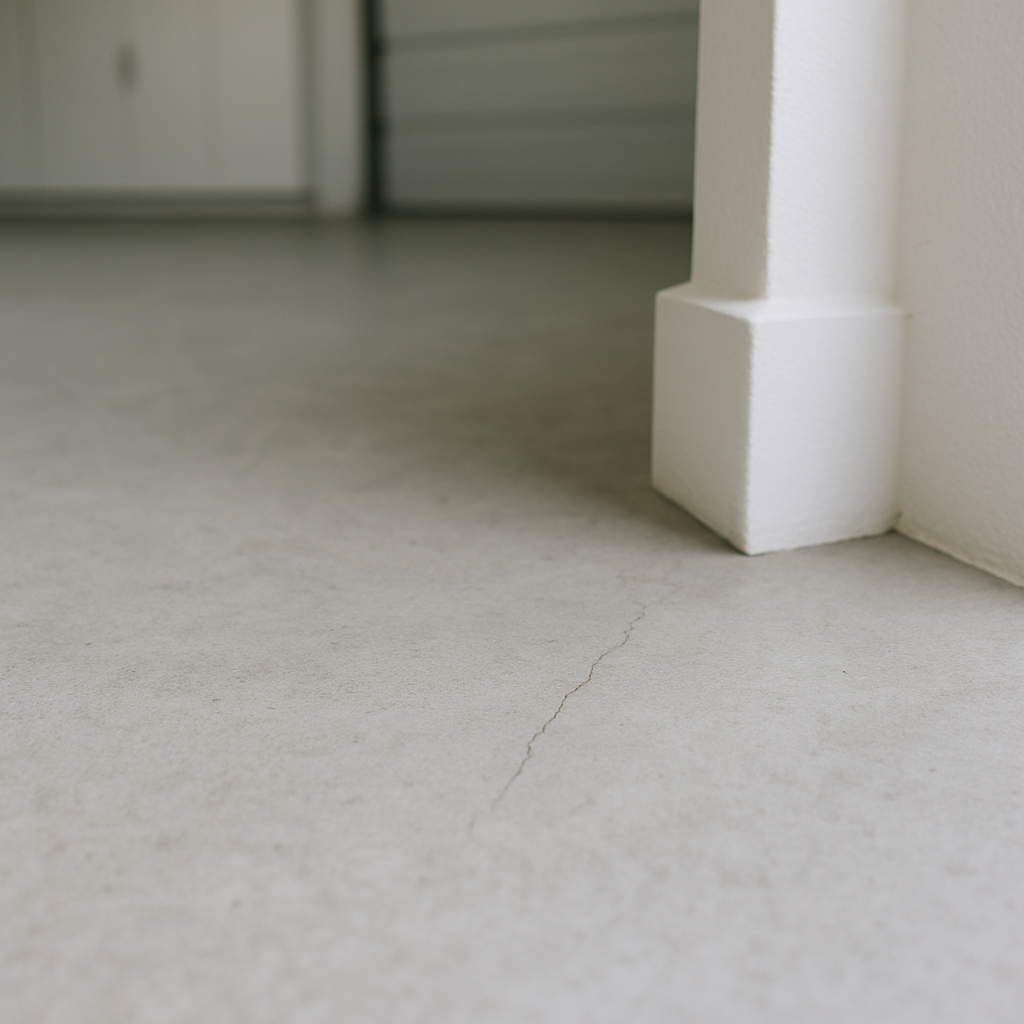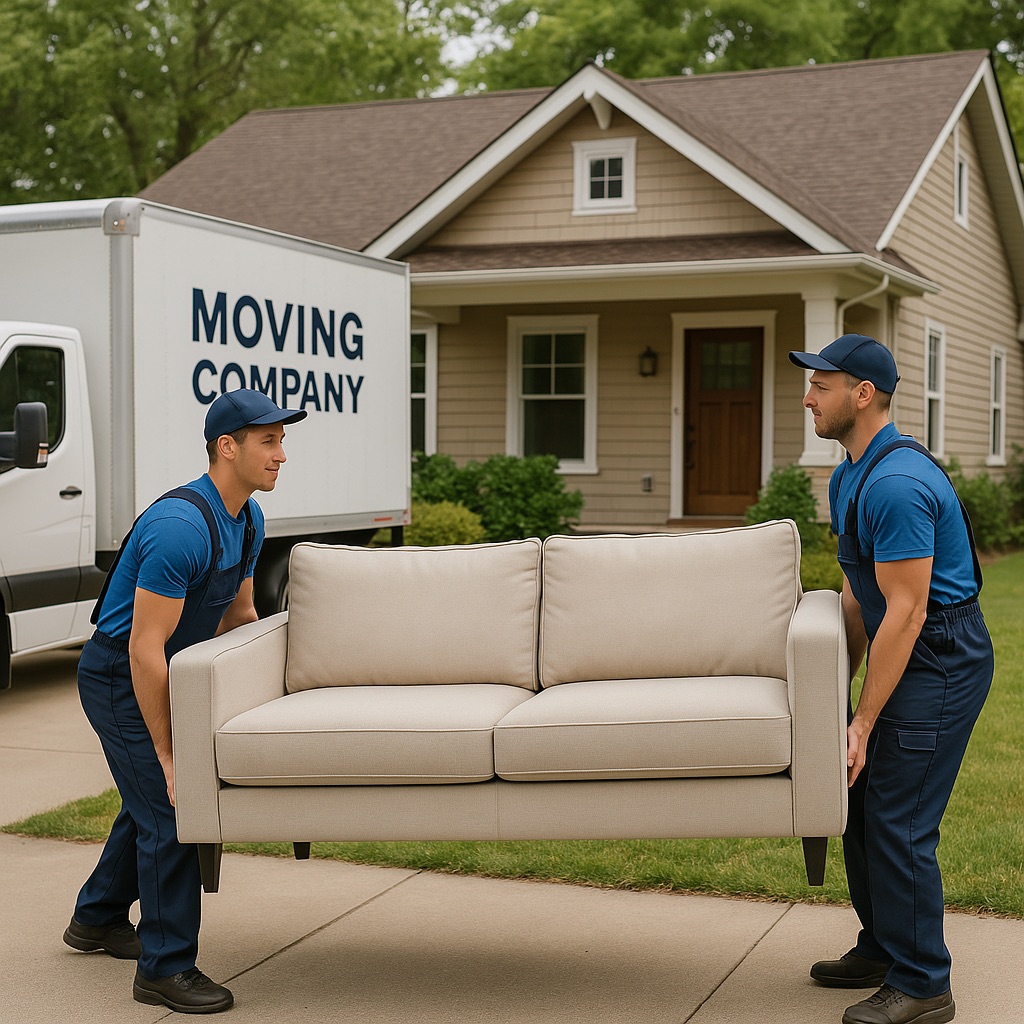Last updated on
Tap water is exposed to pollutants, and you should use countertop filter pitchers, faucet filters, or whole house filters to keep it clean.
One of the most critical aspects of the place you live or work is clean and safe water. While most regions have their water plants to supply fresh water, accidents can happen.
The best way to ensure the availability of clean water is to use a water filter. We see small water filters in many houses, but there are plenty of other varieties of water filters available.
It is easy to be confused about which one to get since there are so many available options. Choosing the right filter can also be complicated, depending on the need. And, that is exactly why we are here to provide you with a simple guide to choosing the right water filter for your residence.
But first, let’s answer the question: do you really need a water filter?
What's Inside
Reasons Why You Need Water Filters
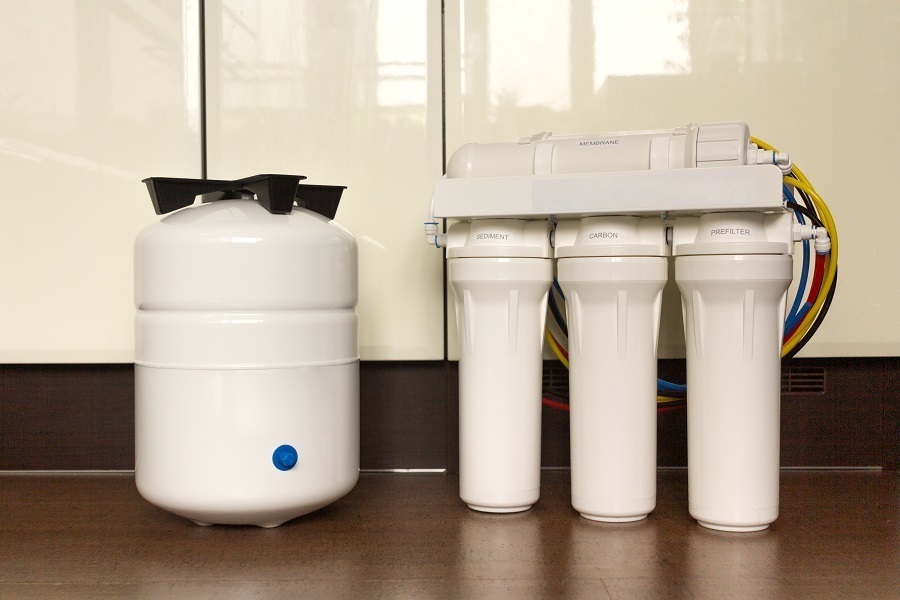
Water pollutants, utility provider irregularities, weak policies are a couple of reasons that sound concerning. There are some other valid reasons why we think households should have water filters, and these are-
Plenty of Water Contaminants
There are potentially thousands of contaminants that can enter the water. Agricultural wastes, factory wastes, pesticides, chemical wastes, pharmaceutical wastes, car emissions, water treatment chemicals are only a few that come off the top of mind.
These contaminants are often responsible for diseases related to the liver, kidneys, and heart.
According to Water Filter Mag, cities like Pitsburg, Newark, Detroit & Flint are still struggling with high levels of contaminants in their tap waters, making it extremely dangerous to use without filters.
Not All Pollutants Are Regulated
A study back in 2009 stated that regular water could have up to 316 contaminants in it, and about 200 contaminants are not regulated or have any sort of safety standards. This leaves approximately 132 million US people exposed to unregulated tap water.
EPA Standards Have Flaws
The EPA has two standards of measurement. One is the MLCG or Maximum contaminant level goal. Its objective is to set a standard where the water has no harmful health qualities.
Another one is the MCL or maximum contaminant level, which is set at a higher level than MLCG. The MCL is an enforceable standard, and the MLCG is not.
Sometimes the water contaminant level may exceed MLCG but still be below MCL. This means despite being regulated, the water supply still has pollutants.
The Water Plant Has Its Fair Share of Troubles
Even if your water department does an excellent job, the water can still gather contaminants along the way. The water may be clean the entire way but become polluted once it is inside the pipes of your house.
This often happens in houses with lead pipes. Lead leaching can also occur and cause lead contamination in the water. Such households must use a water filter for lead removal.
Unexpected Rise of Fluoride Levels
Excessive fluoride in waters can lead to enamel fluorosis and increase bone fracture rate in young children aged 0-8. The fluoride level of MLCG is still alarmingly high, and sometimes levels of fluoride can increase more in tap waters, making things more hazardous.
Which Water Filter is Best for You?
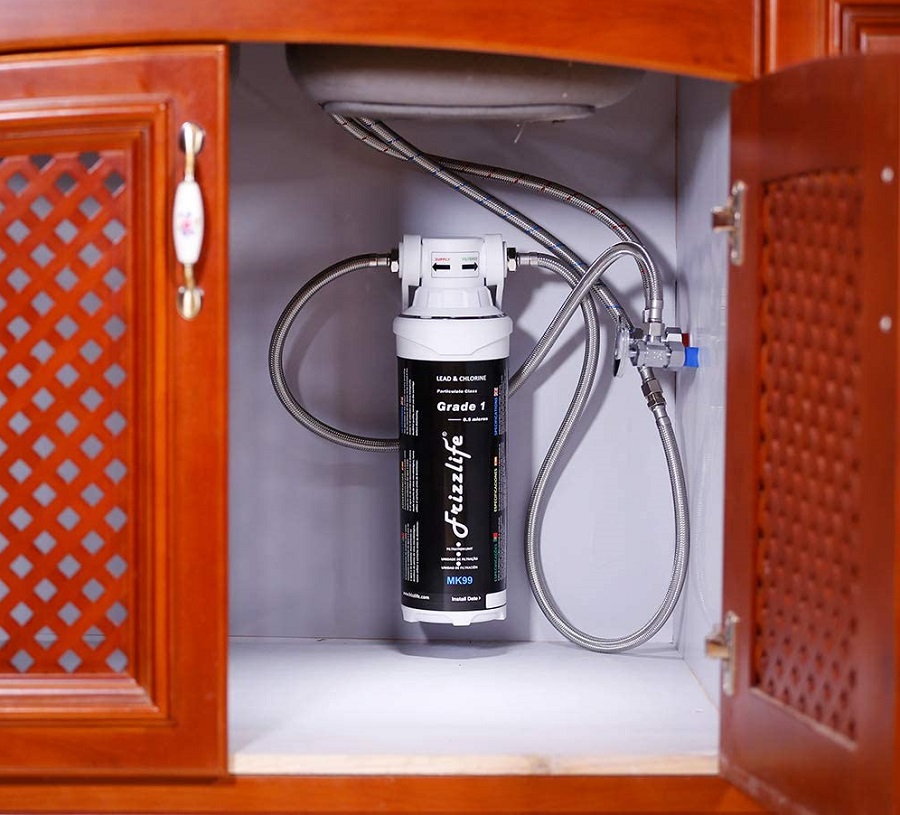
Water filters use filtration media or systems to clear out harmful components. The most common filters are activated carbon filters, metallic alloy, ceramic filters, reverse osmosis filter & carbon block resin.
Most water filters use carbon filtration, while advanced filters use multiple systems to ensure clean water.
Here are some of the best water filters and factors you should consider to choose the right one.
Gravity Dispensers Or Pitchers
These are portable filters and are not connected with the plumbing system. Pitcher filters are best used in offices, dorms, and temporary households.
They only filter out a handful of contaminants and can only filter small amounts of water.
Counter Top Filters
As the name suggests, this filter is mostly used on the bathroom or kitchen counter and stays connected to the faucet via a hose. These are good for renters and are easy to install. But do not work with newer models of faucets.
Faucet Filters
These low-cost filters can easily be attached to bathroom or kitchen faucets. Faucet filters use diverters to filter the water. However, they can also eliminate only a handful of contaminants, just like the pitcher filters.
Under Counter Filters
These are high capability filters and have to be connected to the cold water line, which is generally under the sink. A second faucet is used to dispense the filtered water instead of the main faucet.
Under-counter filters are mostly installed under the kitchen sinks, but some install them in their second sinks as well. These are widely preferred high capability water filters but need professionals to install them. You need to choose the right waterproofing service provider with tons of experience for this job.
Whole House Filters
A whole-house filter is a more expensive water purifying solution than the rest of the systems on this list.
These are installed with the main water lines and have an additional water softener to eliminate harmful components of hard water. These are typically used if barium or radium needs to be eliminated.
These filters are experts in filtering all the water that runs in your house and soften the hard water. Add a drinking water filter, and it makes the perfect filtration combo.
Reverse Osmosis Filters
Reverse Osmosis Filtration is another plumbed-in system that is similar to the under counter filter. This also needs to be attached to your house’s main cold water pipes and has a second faucet that dispenses clean filtered water.
This uses a separate water holding tank and requires more space than an under-counter water filter.
Reverse osmosis filters come at a steep price and require extra space but are the most effective solutions for providing clean drinking water.
The Takeaway
Water filters provide you safe and clean water to drink, cook, bathe, and use for household chores. Without clean water, your health, household items, and your food can all be exposed to health hazards. We hope our guide has helped provide the information you need to choose the best water filter for a healthy lifestyle.
